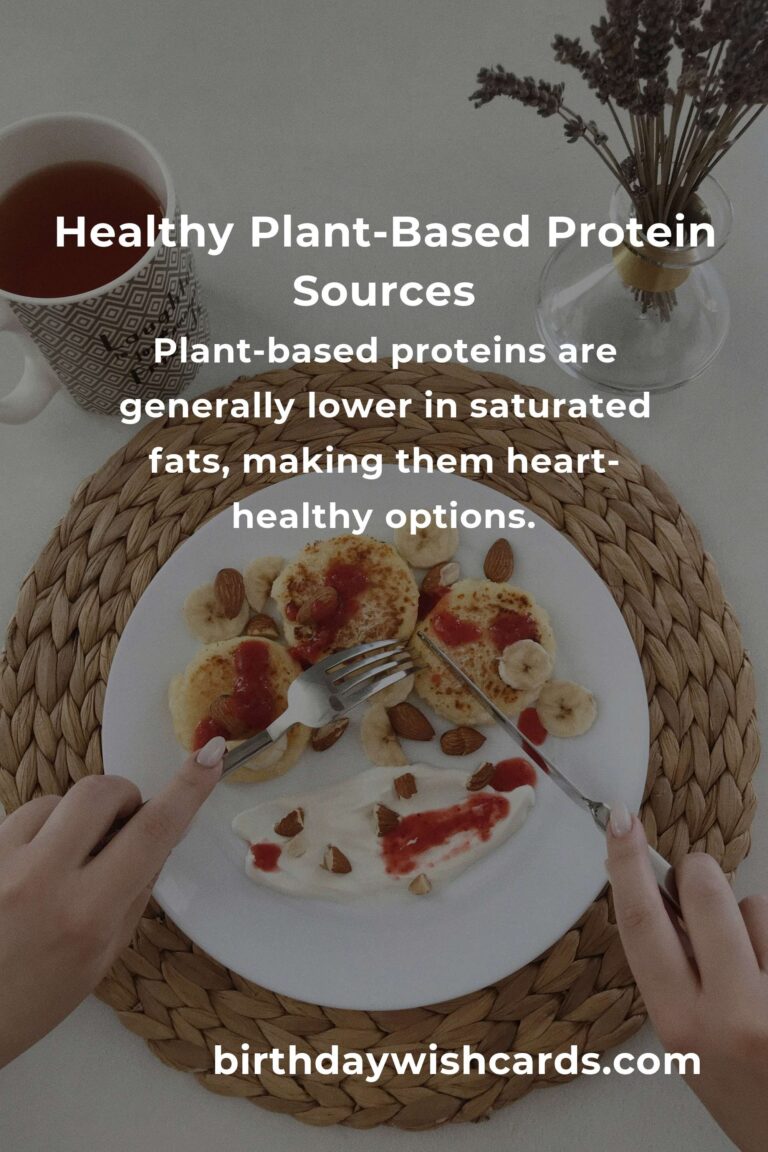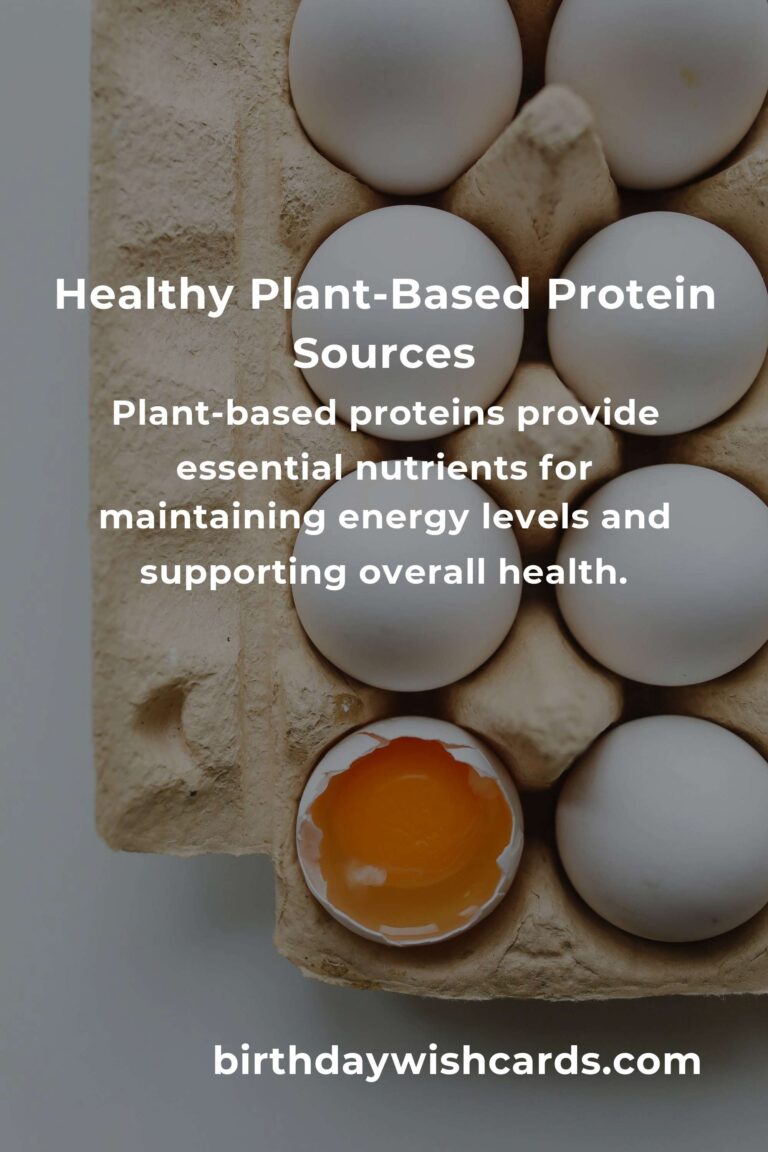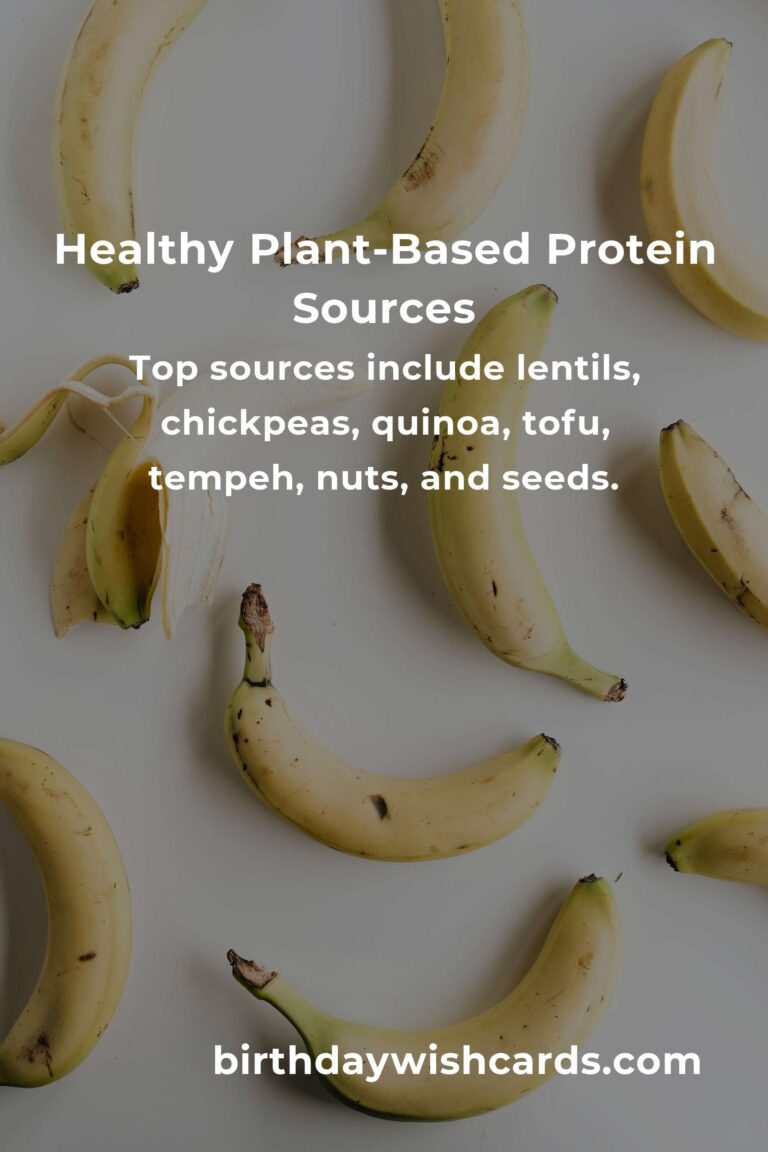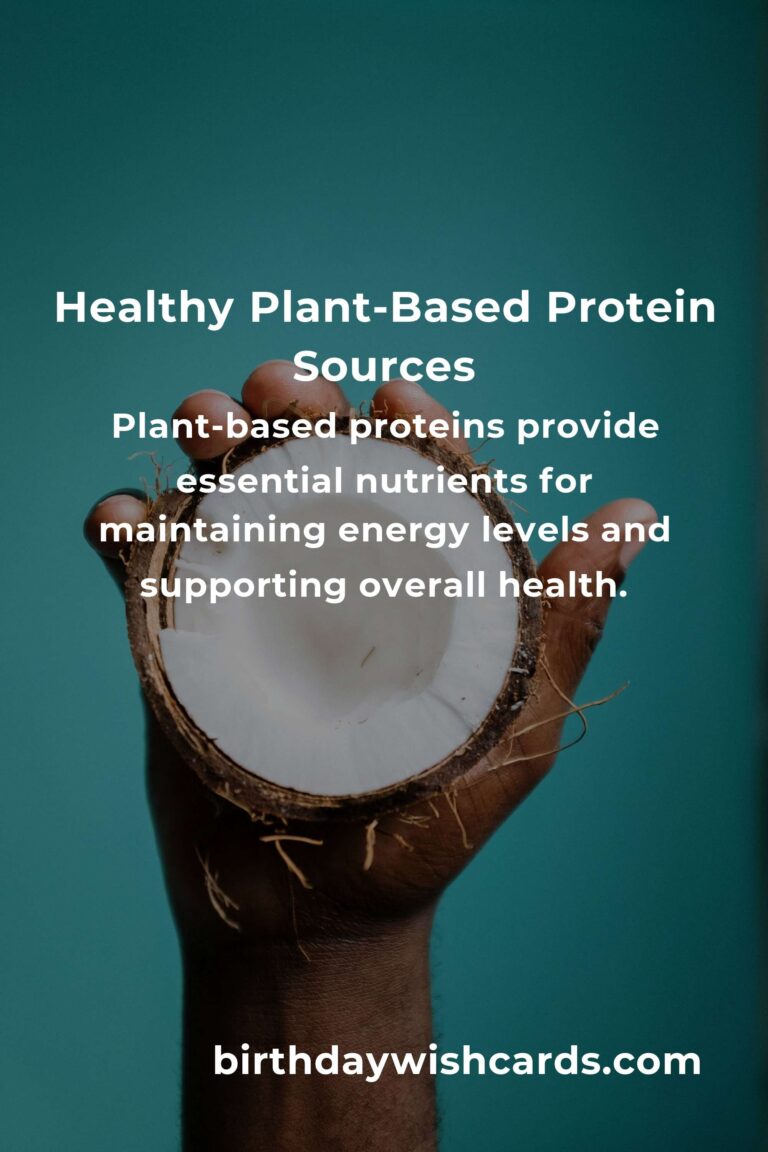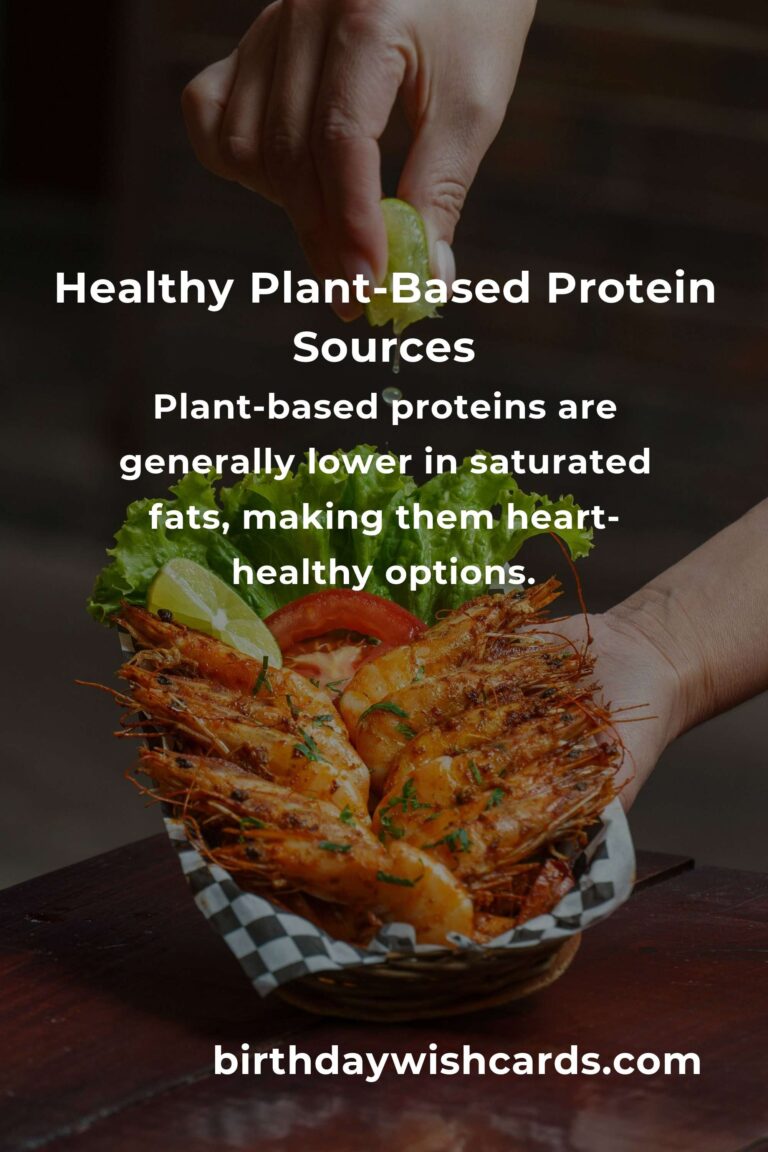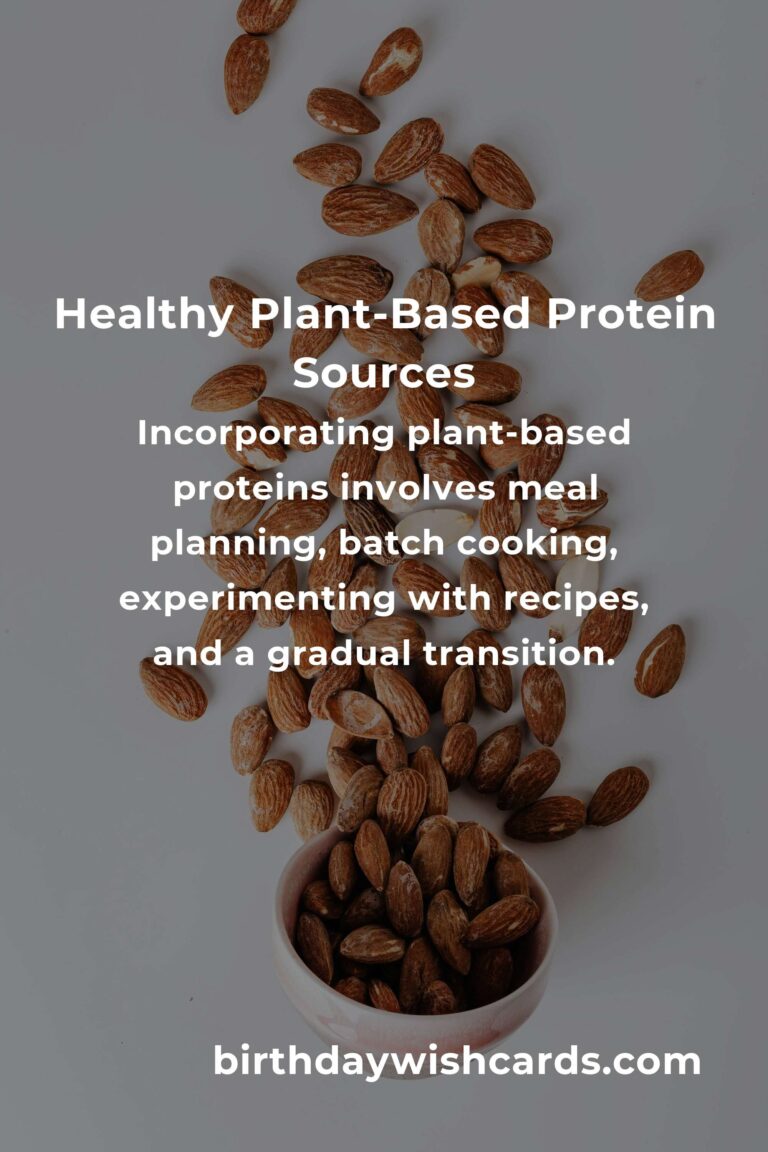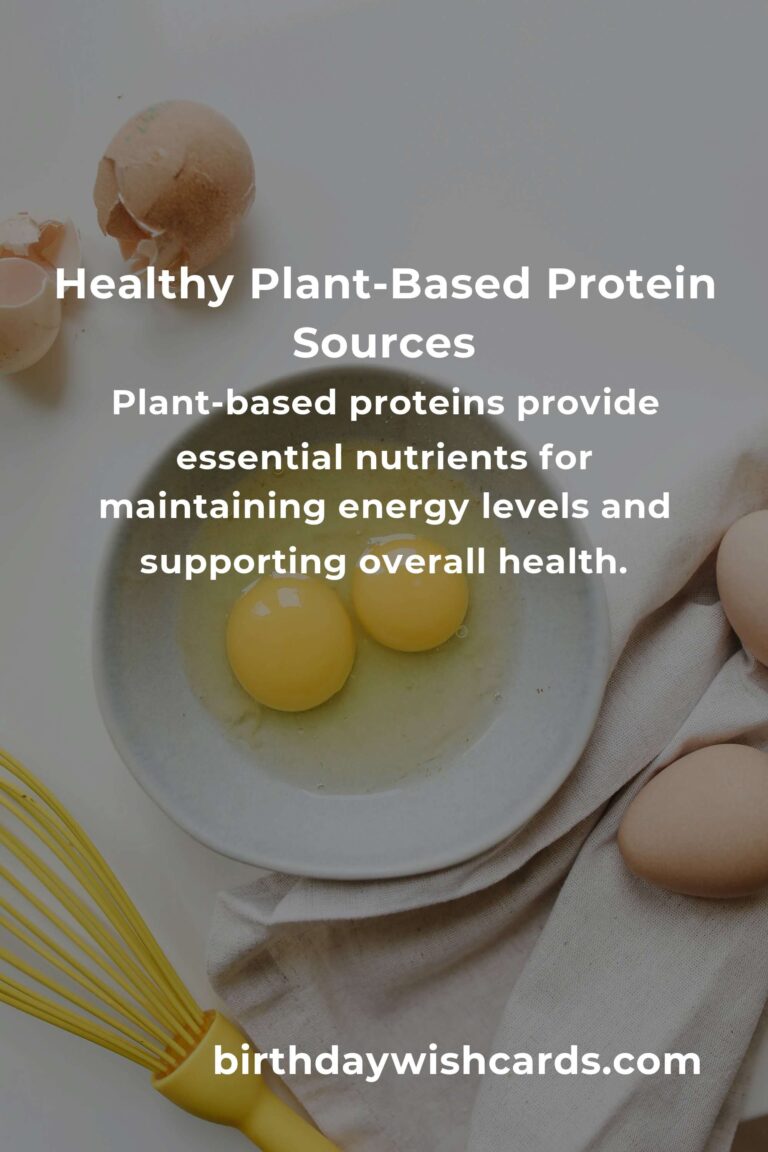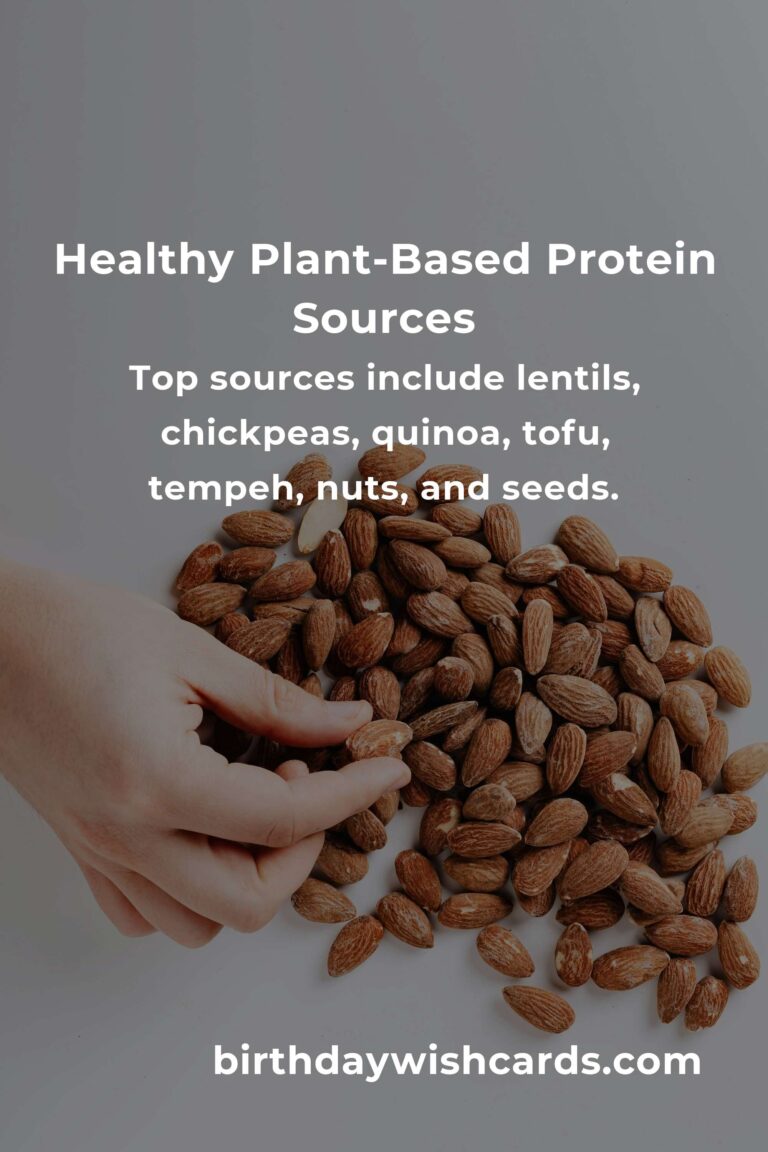
As new parents embark on the incredible journey of nurturing a newborn, maintaining their own health and well-being is crucial. A balanced diet is essential, and incorporating plant-based proteins can offer numerous benefits. This guide will explore the importance of plant-based proteins, sources, and tips on integrating them into your daily routine.
Understanding Plant-Based Proteins
Plant-based proteins are derived from plants and are essential for those looking to either cut down on or avoid animal products. They provide a wide range of nutrients that are vital for maintaining energy levels and supporting overall health. For new parents, who often experience fatigue and increased stress levels, plant-based proteins can be a game-changer.
Benefits of Plant-Based Proteins for New Parents
One of the key benefits of plant-based proteins is their ability to provide energy without the heaviness often associated with animal proteins. This can be particularly beneficial for new parents who need sustained energy throughout the day. Additionally, plant-based proteins are often rich in fiber, which aids digestion and can help regulate blood sugar levels.
Another significant advantage is that plant-based proteins are generally lower in saturated fats, making them heart-healthy options. This can be crucial for new parents who need to maintain their health to take care of their newborn effectively.
Top Sources of Plant-Based Proteins
There are numerous sources of plant-based proteins that new parents can incorporate into their diets:
- Lentils: High in protein and fiber, lentils are versatile and can be used in soups, stews, and salads.
- Chickpeas: These can be roasted for snacks, blended into hummus, or used in curries and salads.
- Quinoa: A complete protein that can be used in place of rice or pasta and is excellent in salads.
- Tofu and Tempeh: Rich in protein, these soy-based foods can be marinated and grilled or added to stir-fries.
- Nuts and Seeds: Almonds, chia seeds, and hemp seeds are excellent sources of protein and healthy fats.
Incorporating Plant-Based Proteins into Your Diet
For new parents aiming to integrate plant-based proteins into their diets, here are some practical tips:
- Meal Planning: Plan meals ahead of time to ensure a balanced intake of proteins and other nutrients.
- Batch Cooking: Prepare large quantities of plant-based dishes that can be stored and reheated, saving time and effort.
- Experiment with Recipes: Try new recipes that incorporate plant-based proteins, such as quinoa salads or lentil soups.
- Gradual Transition: If transitioning from a diet high in animal products, do so gradually by replacing one meal at a time with plant-based options.
Conclusion
Incorporating plant-based proteins into the diet of new parents can offer numerous health benefits, including increased energy, improved digestion, and heart health. By understanding the sources and benefits of plant-based proteins, new parents can make informed dietary choices that support their well-being and that of their family.
Plant-based proteins provide essential nutrients for maintaining energy levels and supporting overall health.
They are rich in fiber, aiding digestion and regulating blood sugar levels.
Plant-based proteins are generally lower in saturated fats, making them heart-healthy options.
Top sources include lentils, chickpeas, quinoa, tofu, tempeh, nuts, and seeds.
Incorporating plant-based proteins involves meal planning, batch cooking, experimenting with recipes, and a gradual transition.
#PlantBased #NewParents #HealthyLiving #Protein #VeganDiet


